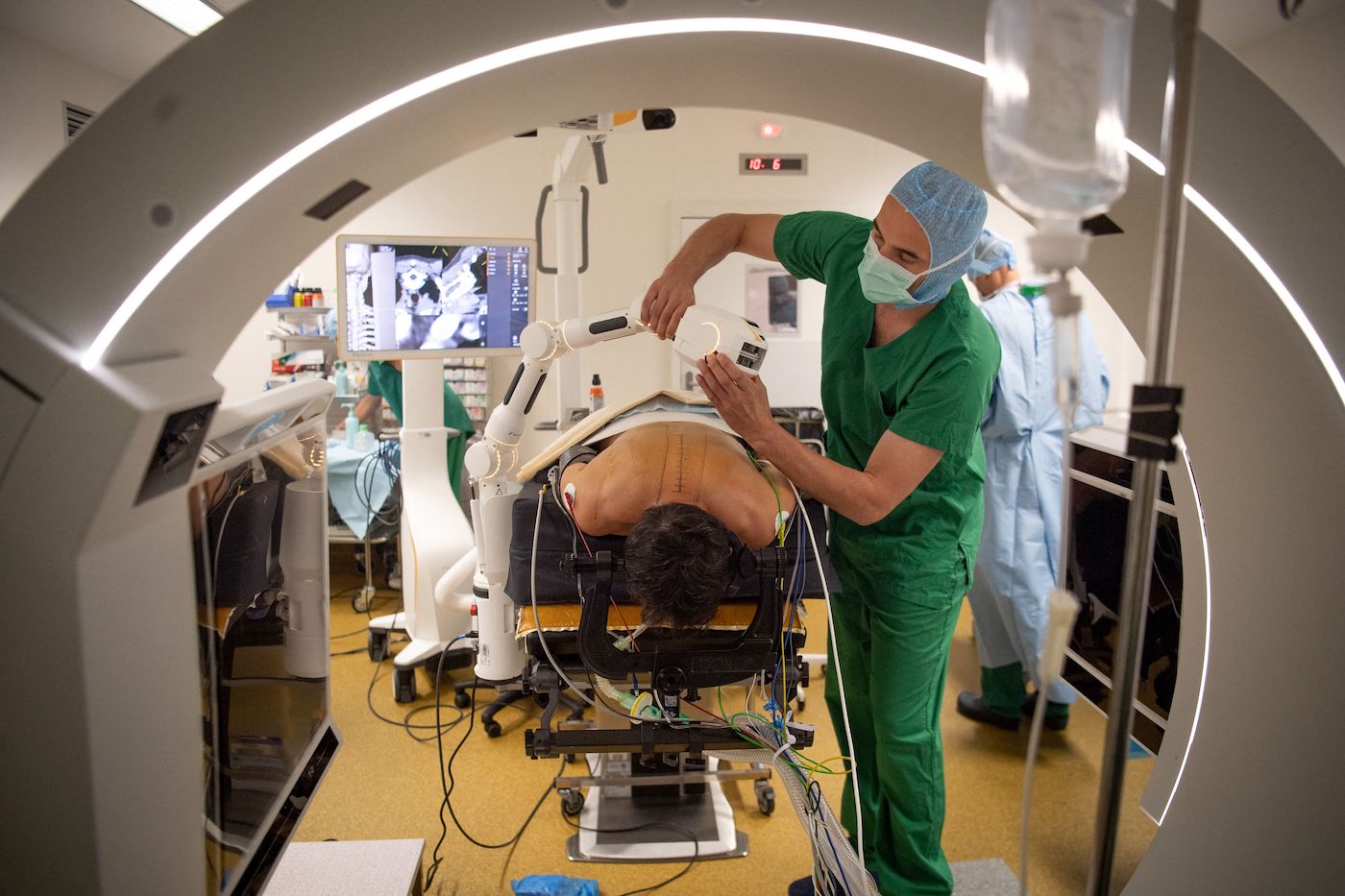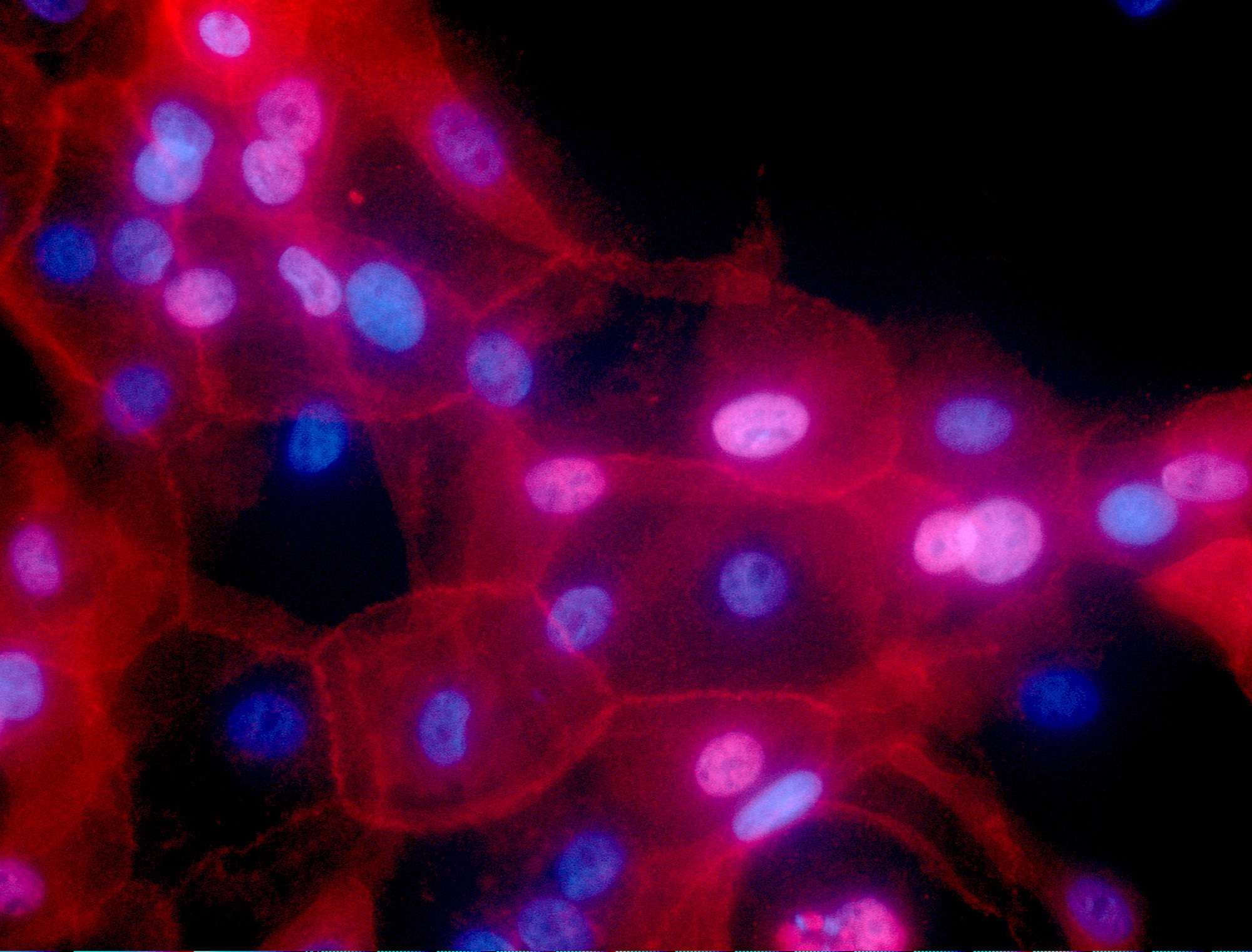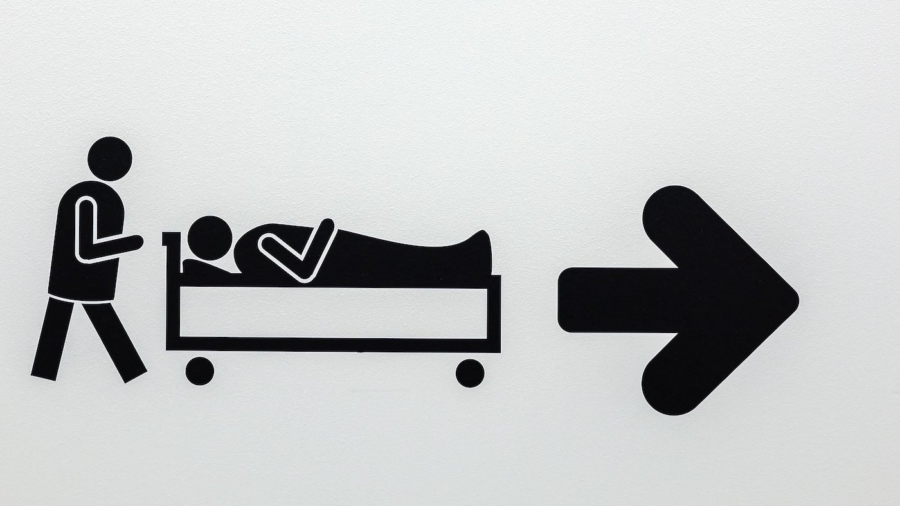A “cancer epidemic” might be lurking in Europe due to a lack of needed treatment and research, according to a new report.
The report titled “European Groundshot—Addressing Europe’s Cancer Research Challenges: a Lancet Oncology Commission” argues that due to the COVID-19 pandemic and lockdowns, cancer treatment saw an estimated 1 million diagnoses missing during the two-year pandemic period.
The experts brought together for the report, which was published in The Lancet on Nov. 15, claim that the impact of the pandemic and the focus on the COVID-19 disease exposed weaknesses in cancer health systems and cancer research.
The authors say that the repurposing of health services and lockdowns had a detrimental effect on cancer patients.
“To emphasise the scale of this problem, we estimate that about 1m cancer diagnoses might have been missed across Europe during the Covid-19 pandemic,” they wrote.
“There is emerging evidence that a higher proportion of patients are diagnosed with later cancer stages compared with pre-pandemic rates as a result of substantial delays in cancer diagnosis and treatment. This cancer stage shift will continue to stress European cancer systems for years to come.
“These issues will ultimately compromise survival and contribute to inferior quality of life for many European patients with cancer.”
According to the report’s data analysis, clinicians saw 1.5 million fewer patients with cancer in the first year of the pandemic, with one in two patients with cancer not receiving surgery or chemotherapy in a timely manner.
Around 100 million cancer screening tests were missed, resulting in many Europeans having undiagnosed cancer.
“We estimate that approximately 1m cancer diagnoses were missed across Europe during the Covid-19 pandemic,” said Mark Lawler, a professor of Queen’s University Belfast, the chair and lead author of the commission. “We are in a race against time to find those missing cancers,” he said.
“Additionally, we saw a chilling effect on cancer research, with laboratories shut down and clinical trials delayed or cancelled in the first pandemic wave. We are concerned that Europe is heading towards a cancer epidemic in the next decade if cancer health systems and cancer research are not urgently prioritised.”

Prioritizing cancer research is crucial for Europe for better quality and more affordable treatment, according to the report’s media release. Patients treated in research-active hospitals had better outcomes than those who were not.
Furthermore, the war in Ukraine might worsen the research situation, as both Russia and Ukraine were large cancer research contributors, especially industry-sponsored clinical research. Brexit was also predicted to continue having a damaging effect on cancer research in Europe.
“With the backdrop of the Covid-19 pandemic, Brexit, and the Russian invasion of Ukraine, it is more important than ever that Europe develops a resilient cancer research landscape to play a transformative role in improving prevention, diagnosis, treatment, and quality of life for current and future patients and those living beyond cancer,” said Lawler.
Cancer prevention and research did not have the funding they deserved, according to the report, which calls for a doubling of the European cancer research budget, as well as prioritization of prevention and early diagnosis, radiotherapy, and surgery, and a deeper focus on survivorship.
“It is estimated that 40 percent of cancers in Europe could be prevented if primary prevention strategies made better use of our current understanding of cancer risk factors,” said Anna Schmütz of the International Agency for Research on Cancer.

Cancer screenings were sharply reduced in the United States as well in early 2020, according to a report published in JAMA Oncology on Nov. 17.
The study used a database from the company Trilliant Health, which included inpatient, outpatient, and prescription drug claims from all 50 states and the District of Columbia. The data analysis included 306 million people.
The data spanned January 2017 to December 2021. The comparisons pre- and post-pandemic were made using the median value of tests, which gives a notion of the average.
According to its results, comparing median values, breast cancer screening rebounded to pre-pandemic levels by the third and fourth quarters of 2020 but declined in 2021, with quarterly deficits ranging from 6 percent to 17 percent.
For cervical cancer, a decrease of 36 percent in screenings was detected in the second quarter of 2020.
Colorectal cancer screenings had a decrease of 45 percent compared with the pre-pandemic era. They rebounded from the end of 2020 until the end of 2021, reaching almost pre-pandemic levels.
Prevalence rates declined by 6.0 percent to 7.1 percent between 2019 and 2020 and an additional 4.8 percent to 6.1 percent between 2020 and 2021.
A strength of the study was using a nationally representative, “all-payer” data set. A limitation of the study was that the reason for each test was not examined (e.g., screening versus problem or diagnostic reason).


